Probiotics For Skin Care: Benefits, Uses, And Side Effects
Get ready to feed and nourish your skin from within.
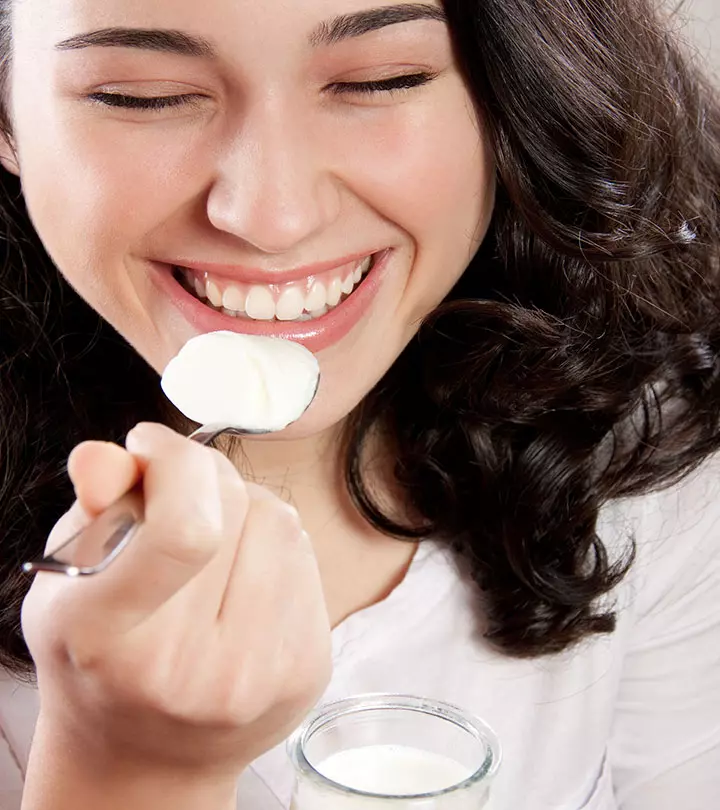
Image: Shutterstock
Probiotics have been used for centuries to improve human health. Some also believe that probiotics can improve skin health and reduce several skin issues, including acne. But what does science say about using probiotics for skin care? In this article, we understand how probiotics can actually improve your skin health, texture and appearance. We will also discuss how you can include them in your skin care regimen. Keep reading to know more.
In This Article
What Are Probiotics And Why Are They Good For Your Skin?
Certain microbial organisms in the body are beneficial to our health when administered in appropriate amounts. These microbial organisms are bacteria called probiotics that primarily improve gut health. The most beneficial probiotic bacteria are lactobacillus and bifidobacteria that are found in fermented dairy products, powders, and drinks.
Probiotics are not the same as prebiotics. Prebiotics are a type of dietary fiber that cannot be digested by the human body. They act as food for probiotic microorganisms. A combination of prebiotic and probiotic organisms is called synbiotic.
Probiotics are said to enhance skin texture, appearance, and health. Some believe that oral and topical probiotics may help manage skin conditions like acne, rosacea, and psoriasis, and may help with wound healing. They may also help make your skin glow and keep it hydrated and moisturized.
In the following section, we discuss the science-backed benefits of probiotics.
Key Takeaways
- Probiotics are a group of beneficial microbes that improve gut health.
- Probiotics may help reduce acne vulgaris and atopic dermatitis.
- They can be taken in the form of capsules or applied topically as lotions/ creams.
Benefits Of Probiotics For Skin
1. May Treat Atopic Dermatitis
Many studies show the impact of probiotics on atopic dermatitis (1). In a study, oral probiotics administered to pregnant women (with a high probability of having atopic children) decreased the chances of them delivering atopic children (1), (2). In another study, a probiotic supplement containing lactobacillus acidophilus, bifidobacterium lactis, and fructo-oligosaccharides decreased atopic dermatitis in infants between 12 to 36 months of age (1), (3).
About 75% of studies show that probiotics may help manage atopic dermatitis. Nine studies showed that some probiotics may even help manage atopic dermatitis symptoms in adults (4). A lotion containing heat-treated lactobacillus johnsonii was applied to adult atopic patients with mild-moderate severities (5). The application inhibited the bacteria staphylococcus aureus in AD patients.
Data from a randomized clinical trial involving 2599 randomized participants who had mild to severe eczema were studied to understand the effect of probiotic intake on skin. It was found that probiotics reduced SCORAD (Severity Scoring of Atopic Dermatitis) by 3.91 points by reducing symptoms like itching and sleep loss in 1596 participants.
2. May Help Reduce Acne Vulgaris
In studies, probiotics like lactobacillus acidophilus and lactobacillus bulgaricus were administered to 300 acne patients (1), (6). Eighty percent of the patients showed an improvement in acne and a reduction in inflammatory lesions. Another study showed that oral probiotics, paired with oral minocycline, may help manage acne (1), (7). Lactobacillus rhamnosus, when consumed for 12 weeks, showed an improvement in adult acne (1), (8). In fact, topical lactobacillus bulgaricus was used as early as 1912 to manage acne (1). Research shows that probiotic bacteria Enterococcus faecalis acts against propionibacterium acnes (which causes acne). The probiotic lotions can also decrease inflammatory acne lesions (1), (9).
Other probiotic bacterial strains found to inhibit acne include lactobacillus acidophilus, lactobacillus casei, lactobacillus plantarum, lactobacillus gasseri, and lactococcus lactis (5). Administration of oral probiotic capsules was shown to reduce rosacea and acne, and even lead to complete recovery in some patients (5). Regular consumption of fermented milk containing lactobacillus bulgaricus and streptococcus thermophilus, over a period of 12 weeks, was also found to improve clinically-graded acne.
3. May Boost Overall Skin Health
Probiotics may have anti-aging properties as they improve skin elasticity and hydration. They are also said to reverse skin damage caused by ultraviolet radiation and offer photoprotection (10). Probiotic bacteria, lactobacillus paracasei, may improve the skin barrier function. Topical application of bifidobacterium longum was shown to reduce skin dryness and aging. Probiotic bacteria may also enhance tissue repair and may aid in wound healing. Topical probiotics shield the skin and boost skin moisture (11). Anecdotal evidence suggests that probiotic bacteria may also make your skin glow.
Skim milk fermented with streptococcus thermophilus was found to improve skin hydration and antioxidant effects (12). Aloe vera, fermented with lactobacillus plantarum, could increase skin hydration fourfold compared to regular aloe vera juice. Fermented soybean milk containing bifidobacterium breve was found to increase hyaluronic acid production in human cells. Probiotics may also repair burns and scars, rejuvenate the skin, and boost its immunity (13). Probiotics may even reduce wrinkle depth and hyperpigmentation in the skin (14).
Sonia Anastasia, a YouTuber, details her experience of taking probiotics for her acne. She admitted to having faced bloating after taking her first probiotic pill. She started with 1 pill and then increased to 2 pills in 3 days. She said, “My skin has really got better (i).” She further said, “I feel a drastic difference.”
Probiotic bacteriotherapy was found to help treat skin diseases like eczema, acne, allergic inflammation, and skin hypersensitivity (15). Although limited, research shows that probiotic bacteria may affect the gut microbiome positively and help manage psoriasis (16). Probiotic bacteria, lactobacillus pentosus, may reduce erythema and scaling (1).
 Pro Tip
Pro TipThese are the many benefits of probiotics for your skin. How can you use them to your advantage?
How To Use Probiotics
Probiotics can be ingested orally in food or capsule form, or applied topically in the form of lotions, creams, and other cosmetic products.
Probiotic foods include cheese, yogurt, and milk made with lactic acid bacteria and fungi fermentation, and leavened bread made with yeast fermentation (18). You can also find dietary supplements and drugs that contain probiotic bacteria. While most dairy products are commonly associated with probiotic bacteria, you can also find non-dairy products like chocolate, cereals, beverages, fruit and vegetable items containing probiotic microorganisms.
Many cosmetic brands add probiotics to their products including lotions, creams, and moisturizers.
Additionally, you can also make homemade face packs and moisturizers with probiotic foods like fermented soybean milk and yogurt. A yogurt face mask, for instance, is a fantastic way to naturally soothe and hydrate your skin.
 Trivia
TriviaWhile probiotics are generally safe, they also may have certain adverse effects. We shall discuss them in the next section.
Side Effects Of Probiotics
Some adverse effects associated with probiotics include (1), (4):
- Systemic infections
- Abdominal cramping, flatulence, nausea, diarrhea, and taste issues
- Some probiotic foods may contain microorganisms not mentioned on the label that may cause serious health risks.
Note:
Not all fermented foods should be considered probiotics or safe. Sourdough bread and fermented foods like pickles are processed after fermentation, which kills any living bacteria. Other fermented foods that contain microorganisms include apple cider vinegar, kimchi, kombucha, miso, and sauerkraut – and these are yet to be studied extensively.
Many people often tend to confuse probiotics and prebiotics. But there are key differences between the two. Check the section below to know more.
Probiotics Vs. Prebiotics
Both probiotics and prebiotics are essential for maintaining a healthy digestive system, but they serve different functions. Probiotics are the good bacteria that promote digestion and support your immune system (19). On the other hand, prebiotics are non-digestible fibers that serve as a source of food for the good bacteria present in the gut (20). Foods packed with prebiotics include bananas, garlic, and onions, while rich sources of probiotics include yogurt, kefir, and kimchi. Both probiotics and prebiotics together contribute to a balanced and thriving gut microbiome that supports overall digestive health.
Probiotics are beneficial to our health in several ways. You can use probiotics for skin care as they help manage issues like acne, dry skin, and dullness. In addition, probiotics may help treat atopic dermatitis, improve the skin glow, reduce the signs of aging, and manage erythema and scaling. To incorporate probiotics in your daily life, you may use oral supplements or topical creams, lotions, and other skin care products. However, there are also some adverse effects associated with taking probiotics. Hence, consult a doctor before you include them in your daily routine.
Frequently Asked Questions
How long does it take for probiotics to work on the skin?
It may take a few weeks of consistent use for probiotics to show visible results on your skin (21).
Do probiotics make your nails grow?
Anecdotal evidence suggests that probiotics break down amino acids to help build stronger and more flexible nails.
Watch the video to explore how probiotics are effective as skin care products. The video shares detailed analysis and insights to help you understand whether these products truly deliver skin benefits.
Personal Experience: Source
StyleCraze's articles are interwoven with authentic personal narratives that provide depth and resonance to our content. Below are the sources of the personal accounts referenced in this article.
(i) I STARTED TAKING PROBIOTICS FOR MY ACNE || GETTING RID OF ACNE IN ONE WEEK EXPERIMENThttps://www.youtube.com/watch?v=ArYIJXSaQag
References
Articles on StyleCraze are backed by verified information from peer-reviewed and academic research papers, reputed organizations, research institutions, and medical associations to ensure accuracy and relevance. Read our editorial policy to learn more.
- Review: Probiotics in Dermatology
https://jsstd.org/review-probiotics-in-dermatology/ - Probiotics and Prevention of Atopic Disease: 4-Year Follow-Up of a Randomised Placebo-Controlled Trial
https://www.thelancet.com/journals/lancet/article/PIIS0140-6736(03)13490-3/fulltext - Probiotic Supplement Reduces Atopic Dermatitis in Preschool Children: a Randomized, Double-Blind, Placebo-Controlled, Clinical Trial
https://pubmed.ncbi.nlm.nih.gov/20642296/ - Probiotics: What You Need to Know
https://www.nccih.nih.gov/health/probiotics-usefulness-and-safety - Probiotics and Prebiotics Potential for the Care of Skin, Female Urogenital Tract, and Respiratory Tract
https://www.ncbi.nlm.nih.gov/labs/pmc/articles/PMC7090755/ - Acne Vulgaris, Probiotics and the Gut-Brain-Skin Axis – Back to the Future?
https://pubmed.ncbi.nlm.nih.gov/21281494/ - Prospective, Randomized, Open-Label Trial Comparing the Safety, Efficacy, and Tolerability of an Acne Treatment Regimen With and Without a Probiotic Supplement and Minocycline in Subjects With Mild to Moderate Acne
https://pubmed.ncbi.nlm.nih.gov/23582165/ - Supplementation With Lactobacillus Rhamnosus Sp1 Normalises Skin Expression of Genes Implicated in Insulin Signalling and Improves Adult Acne
https://pubmed.ncbi.nlm.nih.gov/27596801/ - Antimicrobial Activity of Enterocins from Enterococcus Faecalis Sl-5 Against Propionibacterium Acnes, the Causative Agent in Acne Vulgaris, and Its Therapeutic Effect
https://pubmed.ncbi.nlm.nih.gov/19229497/ - Chapter 22 – Probiotics for Skin Benefits
https://www.sciencedirect.com/science/article/pii/B9780815520290500296?via%3Dihub - “probiotics” in Skin Care Products- a Review
https://www.semanticscholar.org/paper/%E2%80%9CProbiotics%E2%80%9D-In-Skin-Care-Products-A-Review-Kurzekar-Wasule/c1276ff934caf1a521a2ca952e81ad8b6cee07ec - Cosmetic Ingredients Fermented by Lactic Acid Bacteria
https://www.semanticscholar.org/paper/Cosmetic-Ingredients-Fermented-by-Lactic-Acid-Izawa-Sone/73e75b93bfae048d51fb4de93baee75fc3364cfa - Bioactives from Probiotics for Dermal Health: Functions and Benefits
https://www.semanticscholar.org/paper/Bioactives-from-probiotics-for-dermal-health%3A-and-Lew-Liong/08beda8176ad9d89532702e83c71f510b487f4ed - Topical Probiotics in Dermatological Therapy and Skincare: a Concise Review
https://link.springer.com/article/10.1007/s13555-020-00476-7 - Health Effects of Probiotics on the Skin
https://pubmed.ncbi.nlm.nih.gov/24364369/ - Skin and Gut Microbiome in Psoriasis: Gaining Insight Into the Pathophysiology of it and Finding Novel Therapeutic Strategies
https://www.ncbi.nlm.nih.gov/labs/pmc/articles/PMC7769758/ - Prophylactic Efficacy of Probiotics on Travelers’ Diarrhea: An Adaptive Meta-Analysis of Randomized Controlled Trials
https://www.ncbi.nlm.nih.gov/pmc/articles/PMC6232657/ - Probiotic Food Products Classes, Types, and Processing
https://www.researchgate.net/publication/235819412_Probiotic_Food_Products_Classes_Types_and_Processing - Probiotics – What They Are, Their Benefits and Challenges
https://www.researchgate.net/publication/224830321_Probiotics_-_What_They_Are_Their_Benefits_and_Challenges - Prebiotics: Definition, Types, Sources, Mechanisms, and Clinical Applications
https://www.researchgate.net/publication/331677001_Prebiotics_Definition_Types_Sources_Mechanisms_and_Clinical_Applications - The effect of probiotics on immune regulation, acne, and photoaging
https://www.ncbi.nlm.nih.gov/pmc/articles/PMC5418745/ - 10 Best Probiotics Of 2021 For A Healthy Gut Minus Bloating
- Top 9 Probiotic Drinks Available In India
- The 10 Best Digestive Enzyme Supplements Of 2021
- Top 10 Immunity-Boosting Products And Supplements
Read full bio of Bianca Lorena Saldes
Read full bio of Anjali Sayee
Read full bio of Ramona Sinha
Read full bio of Swathi E






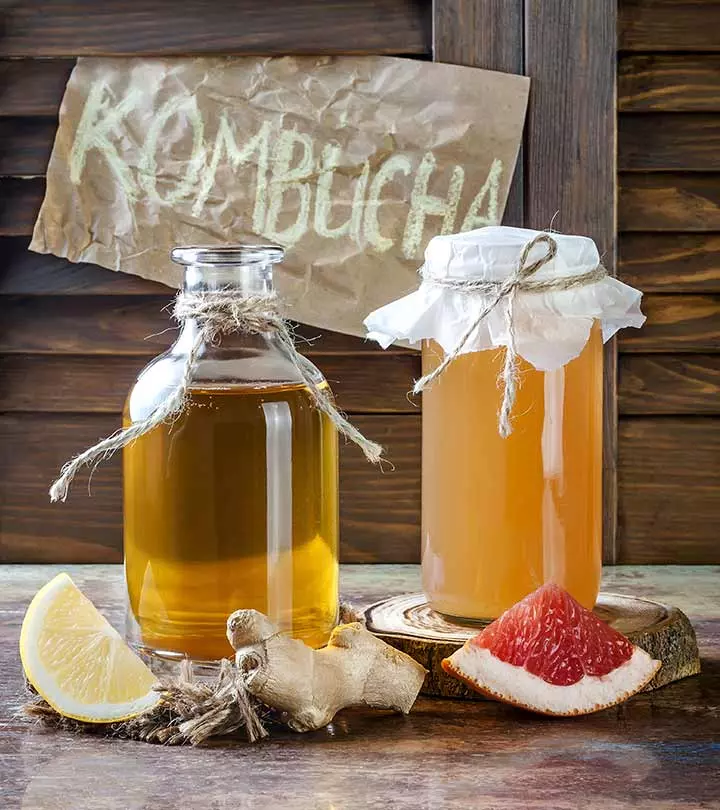
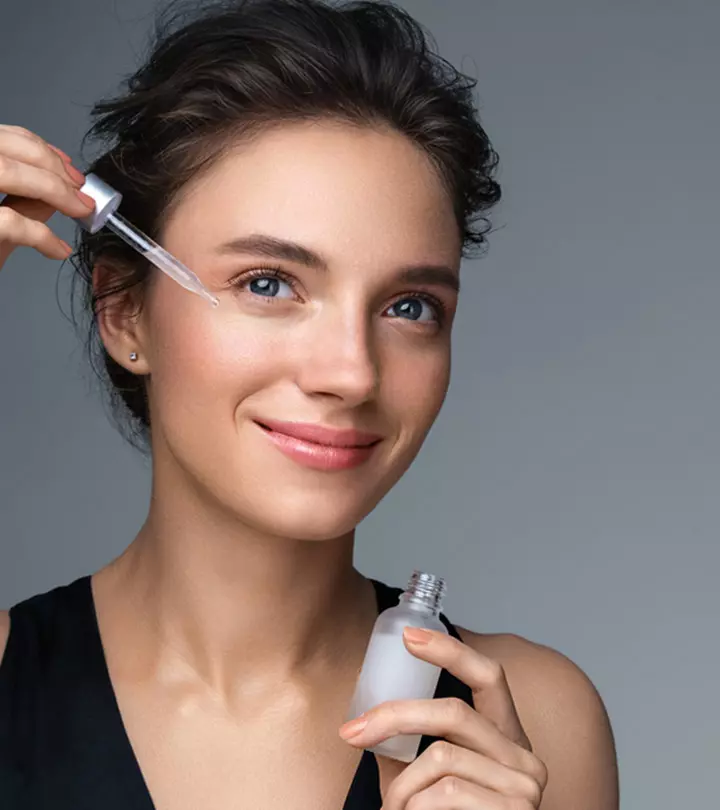
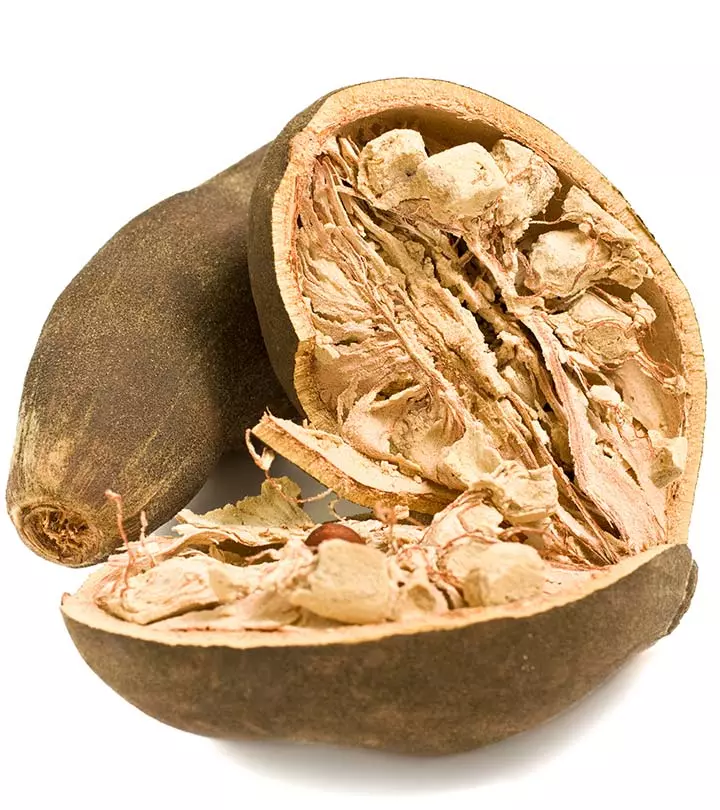
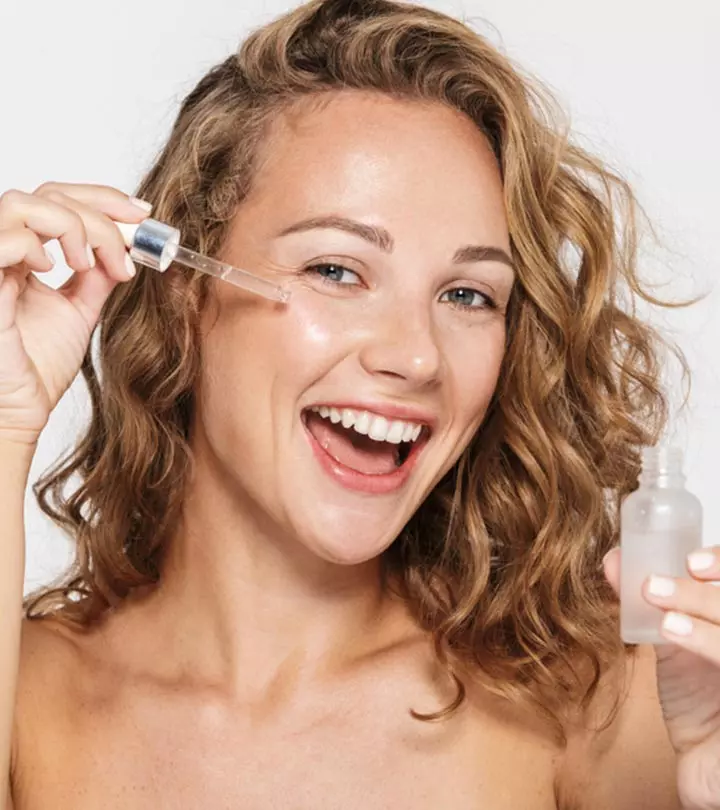
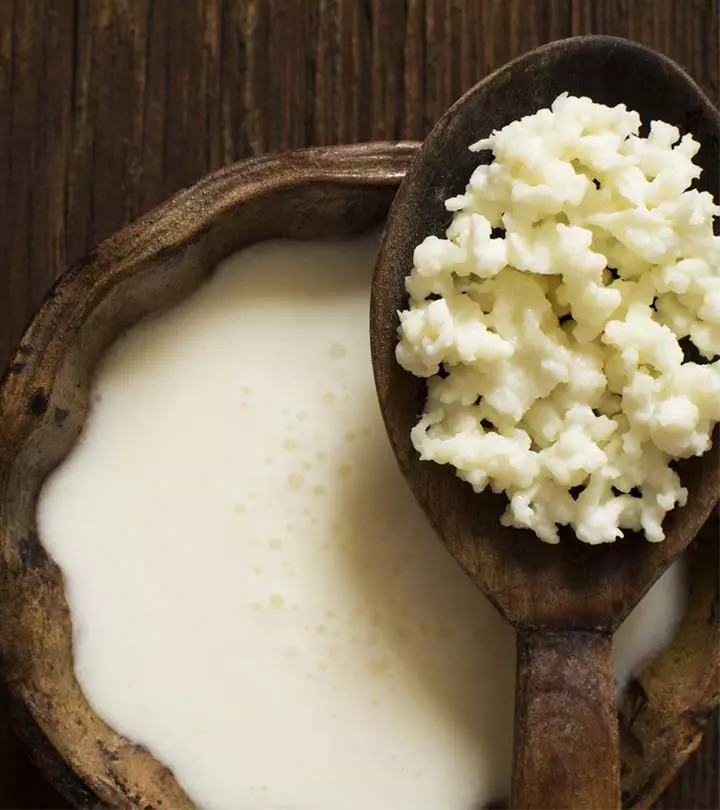
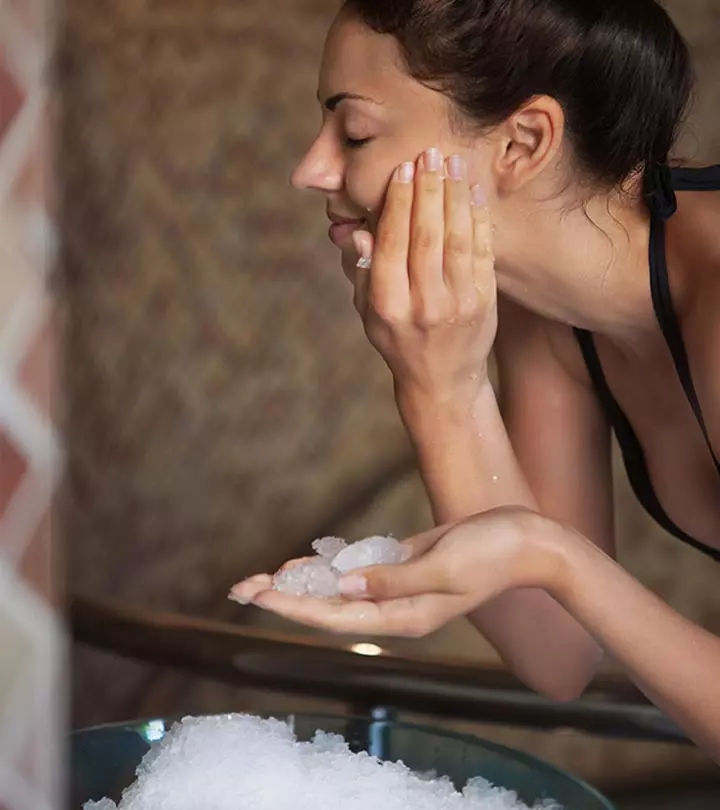
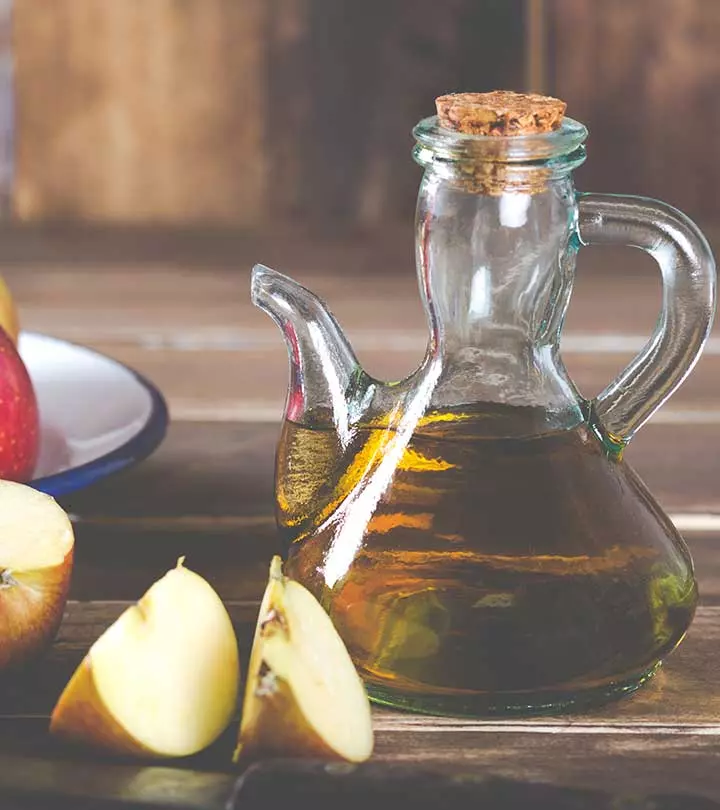

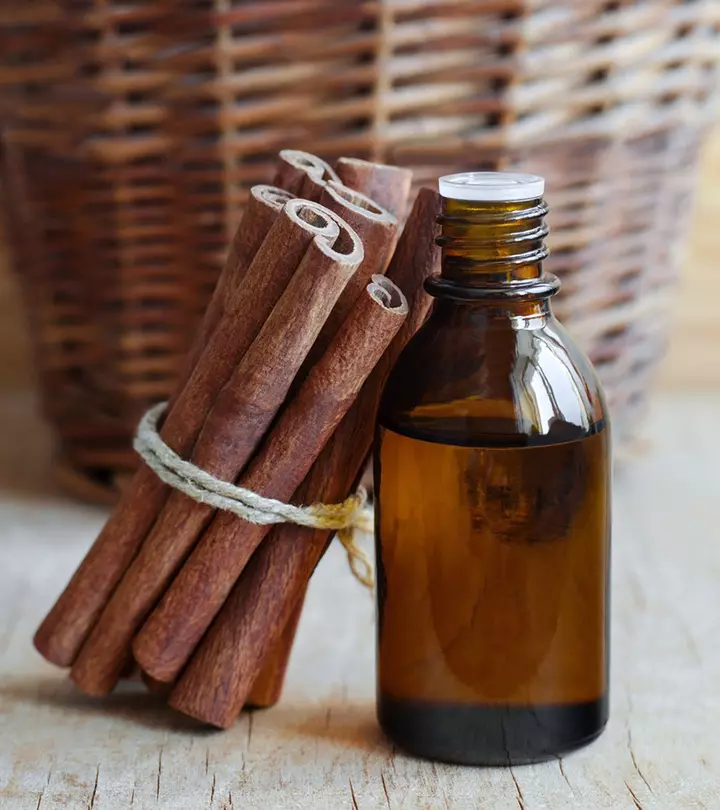
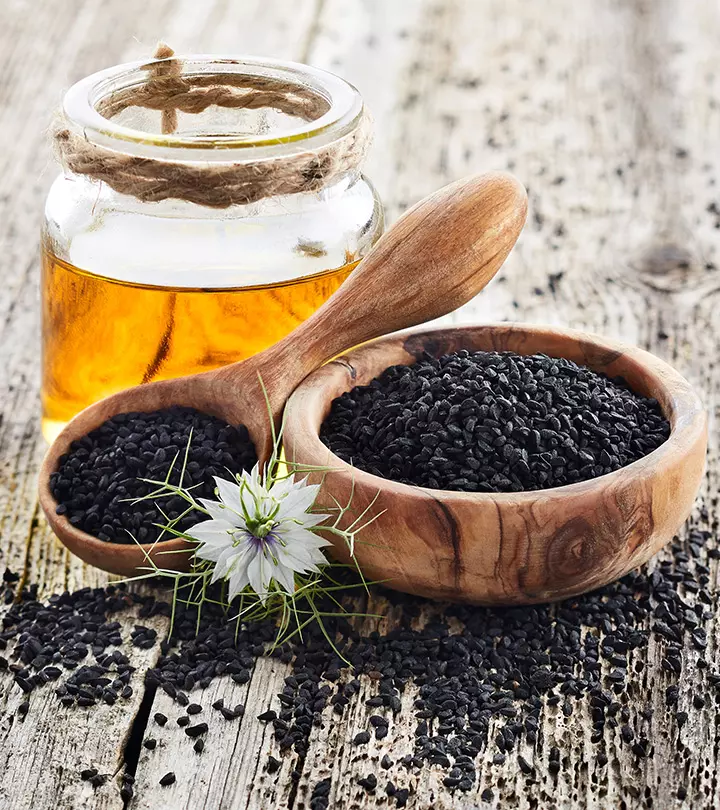

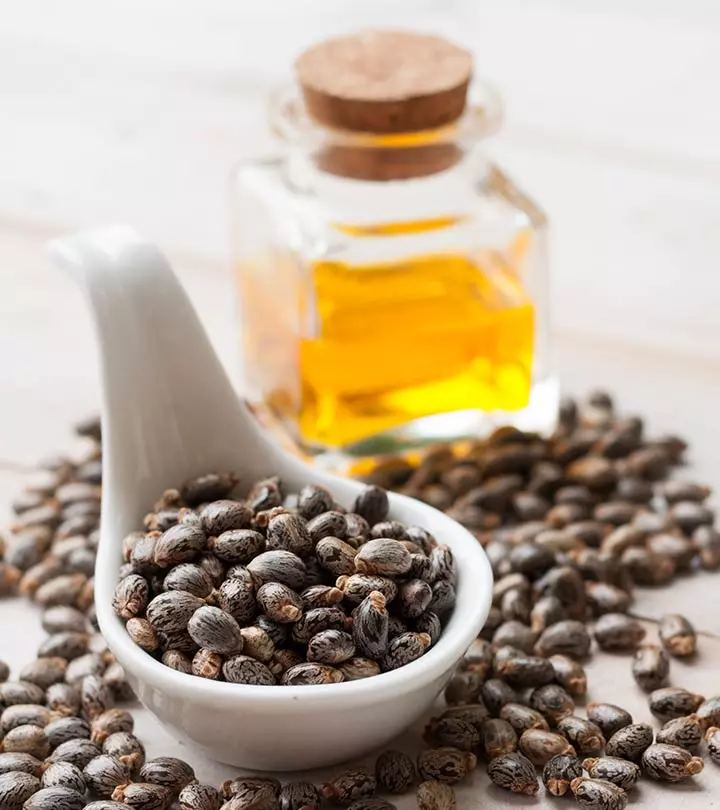

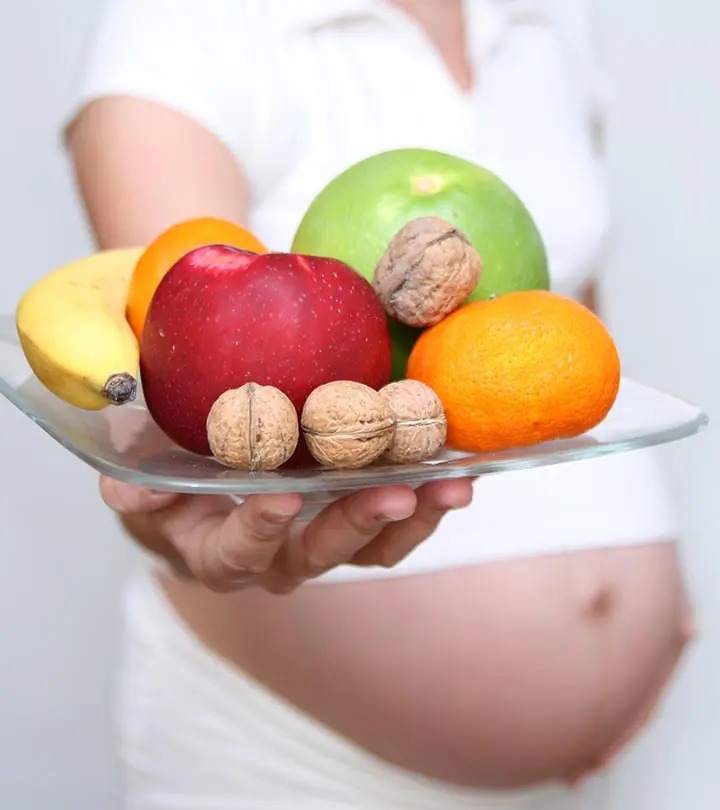
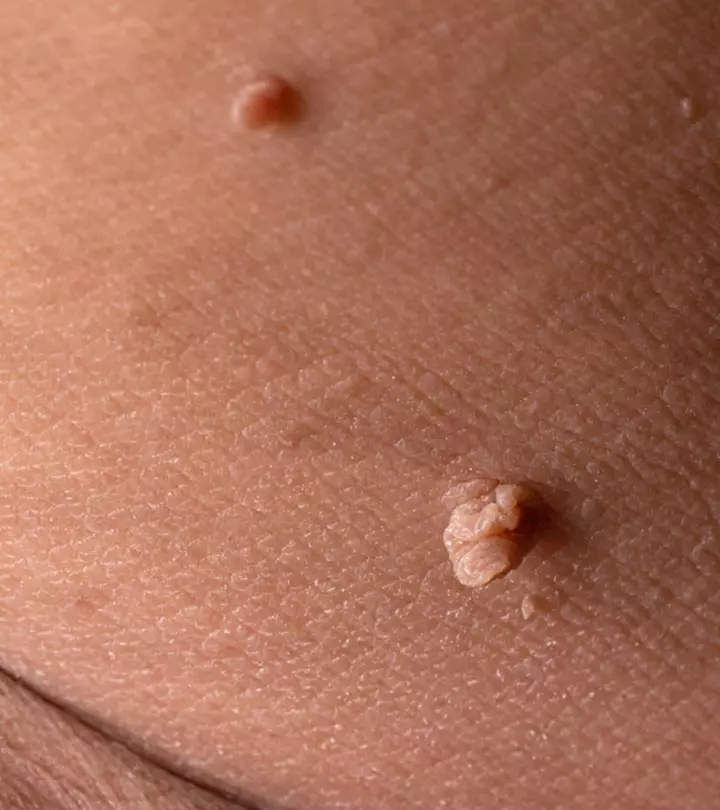
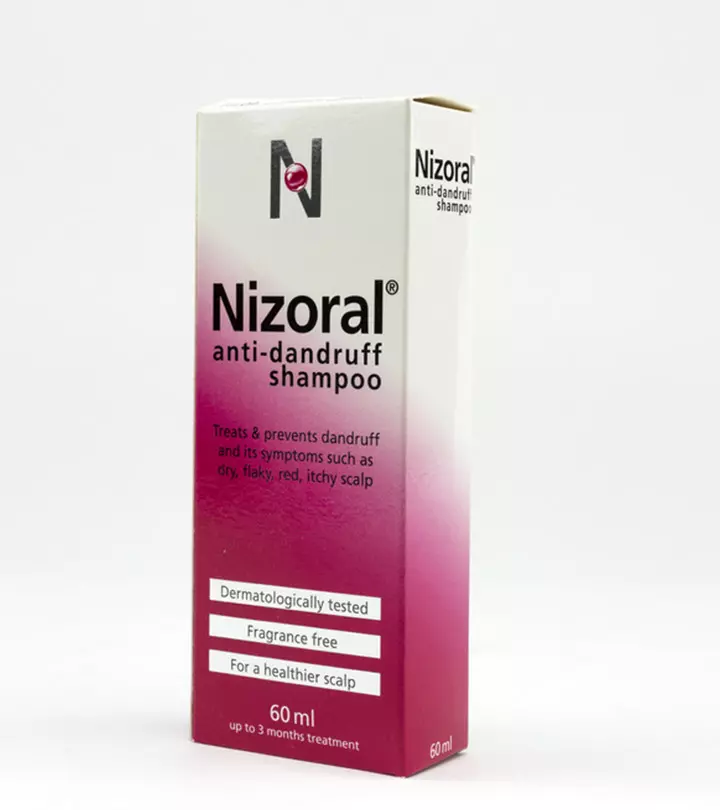
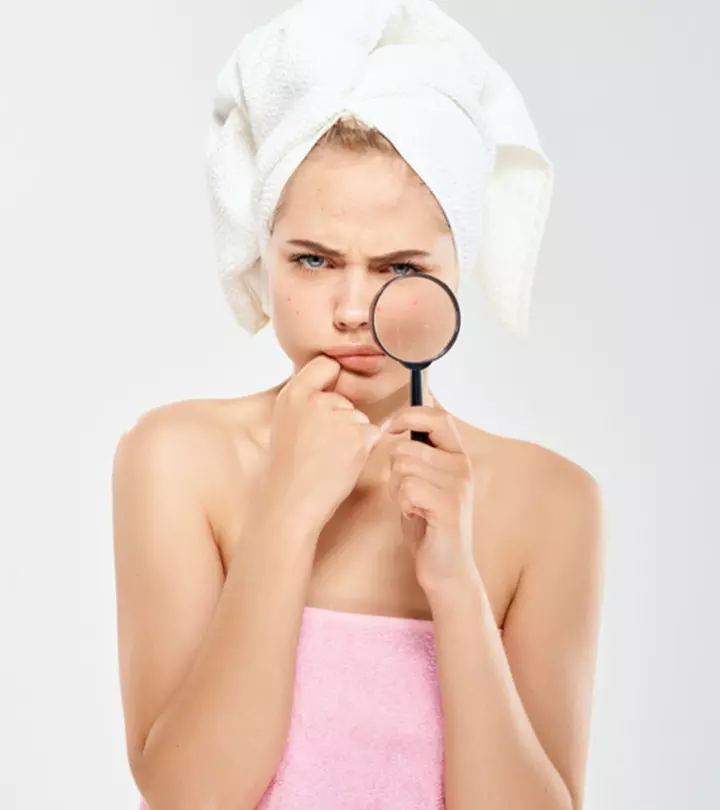
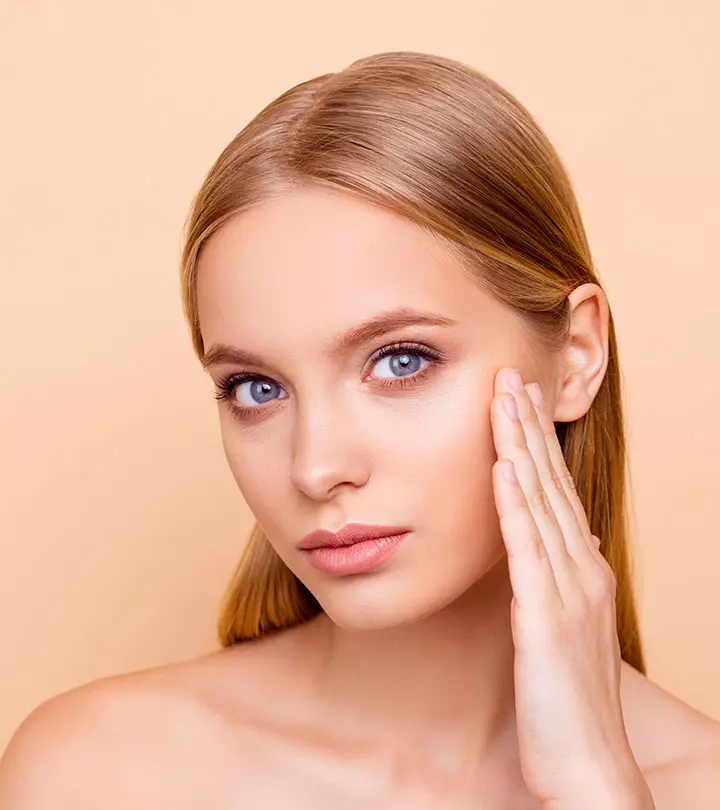
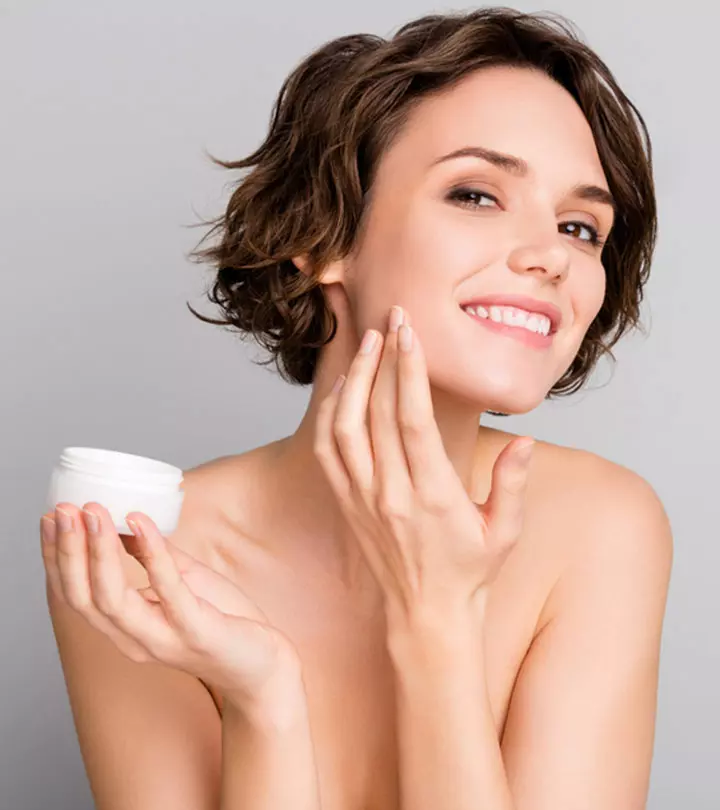
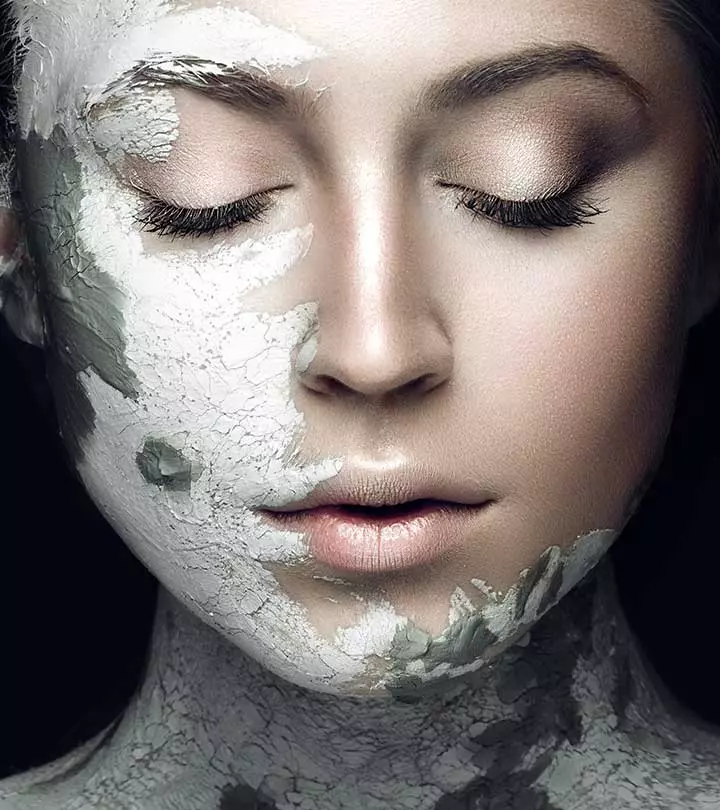
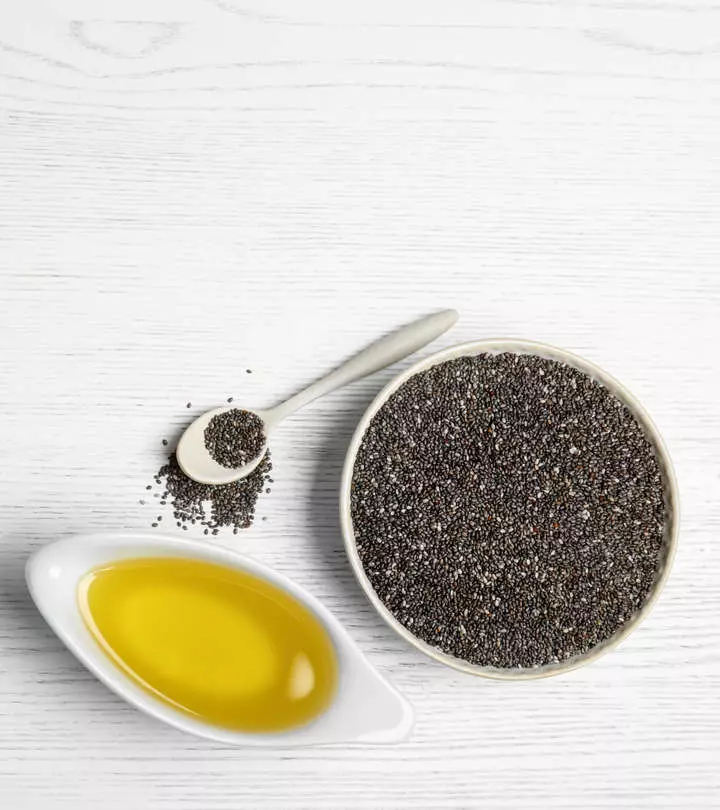
Community Experiences
Join the conversation and become a part of our empowering community! Share your stories, experiences, and insights to connect with other beauty, lifestyle, and health enthusiasts.